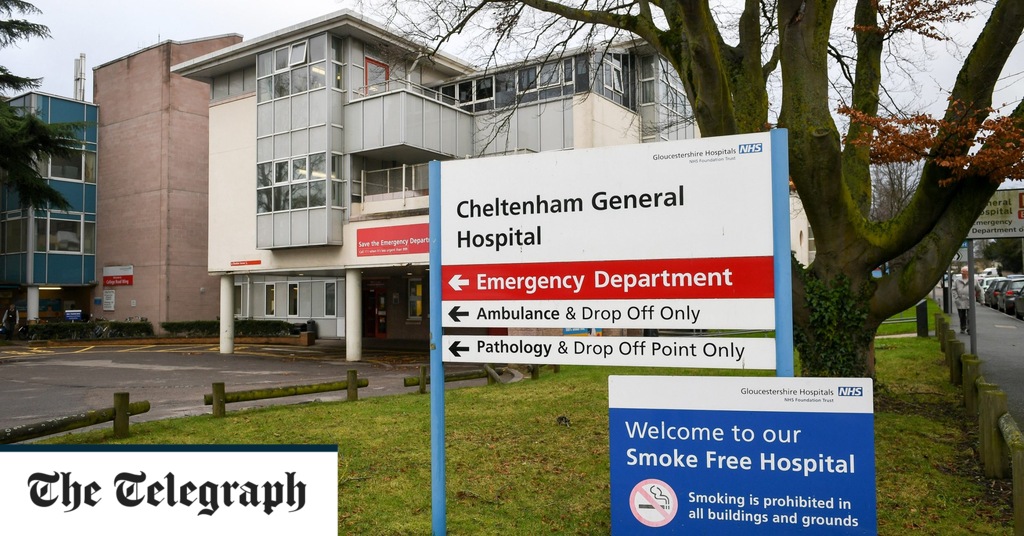Infection
NHS trust investigated after hospital shower infection contributed to patient’s death
An NHS trust is under investigation after the death of a company director who contracted a bacterial infection from a hospital shower.
Dr Christopher Elliot, who suffered from leukaemia, was admitted to Cheltenham General Hospital on Aug 9 last year for chemotherapy treatment.
The 60-year-old steel company director from Uley, Gloucestershire, died a fortnight later, on Aug 23, after being infected by pseudomonas bacteria that was later found to match contamination of the water in the shower of his side room at the hospital, a hearing was told.
Roland Wooderson, the coroner for Gloucestershire, had formally opened an inquest into Dr Elliott’s death but decided to suspend it, against the wishes of the family, to allow a full investigation by the Care Quality Commission (CQC) into Gloucestershire Hospitals NHS Foundation Trust.
‘Significant contributory factor’
The coroner said the trust had also conducted its own investigation after the death and on March 15 this year had reported that bacteria had been found in water samples taken from the shower used by Dr Elliot.
The Trust accepted this had been a “significant contributory factor” to his death, and had reported matters to the coroner in May of this year.
The lawyer representing Dr Elliot’s family, Matthew Turner, said the CQC had indicated it could take until 2025 to complete its investigation and submitted that was too long to make the family wait for the inquest to be held.
He said the CQC will be considering whether the Gloucestershire Hospitals NHS Foundation Trust should be prosecuted for a breach of regulations but had no objection to the inquest going ahead in the usual way.
“The family have many questions to ask,” he said. “Dr Elliot was a much-loved father. There is nothing like an inquest to give closure to a family.
“[An inquest] is not just a public duty – for the family it is more of an obligation, I would argue.
“This inquest process needs to happen for the family to get answers to their questions. To leave them in a state of abeyance and purgatory is unfair.
“Dr Elliot was passionate about health and safety issues and about processes working correctly. His wife has no doubt that he would have been disappointed if this investigation into his death did not go ahead.”
Mr Turner also pointed out that, at present, Dr Elliot’s death certificate is incorrect because it was drafted before the infection was matched with the shower water.
If the inquest is delayed, he said, the family would be left with that inaccurate certificate for a long time. That was something which concerned them greatly, he added.
Barrister Will Pickles, for the NHS Trust, said they did not oppose the suspension of the inquest. To suspend an inquest in these circumstances was not an unusual step, he submitted.
The coroner added: “The CQC has opened an investigation into possible breaches of the Health and Social Care Act. This will be a lengthy inquiry and the CQC may or may not bring a prosecution.
“It must be stressed that the mere involvement of the CQC does not mean in any way that adverse findings will be made or a prosecution brought. It is a possibility, and no more than that.
“The family will be making civil claims against the Trust for alleged negligence and a breach of Dr Elliot’s right to life.”
The coroner said he would ask the CQC to report to him by Nov 30 this year with an update on its inquiry and the likely timescale for the production of its report.

